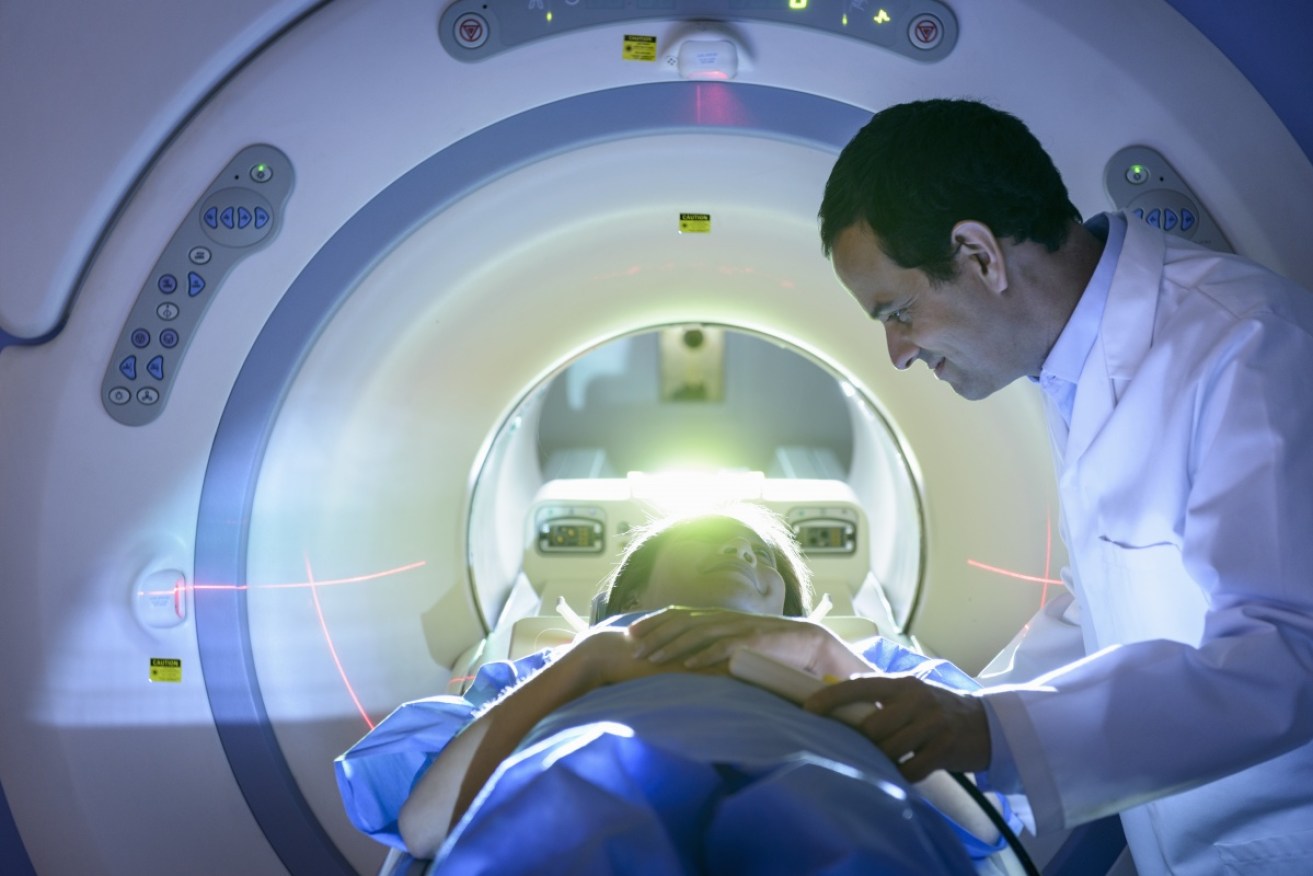The truth about medical tests: What you really need to know


Turns out there is such a thing as too much medicine. Photo: Getty
Has your doctor suggested you get screened for vitamin D deficiency based on your age? The Royal College of Pathologists of Australasia recommends you don’t. You’re better off having a conversation with your GP about your lifestyle.
When you fainted, did your doctor send you off to have your carotid arteries scanned? The Australian and New Zealand Association of Neurologists says it was most likely a waste of money and possibly got in the way of finding out what was actually wrong with you, if anything.
When your baby came down with an upper respiratory tract infection, did you ask your doctor to prescribe antibiotics and they obliged? That was a waste of money and possibly a dangerous mistake, says the Australasian Society for Infectious Diseases.
There are about 120 recommendations like this listed on the Choosing Wisely campaign website, an international initiative that pulls together the top experts from various fields of medicine to bring an end to over-zealous and off-target medical practice.
Surprising new recommendations
This week, four more organisations weighed in, making headlines.
The Australasian Chapter of Sexual Health Medicine recommended doctors not screen for herpes via a blood test unless there are physical symptoms.
A blood test “in asymptomatic patients … does not accurately confirm whether the person is infected or is a transmission risk to others”.
The same goes for chlamydia.
The Gastroenterological Society of Australia warned against genetic testing for coeliac disease because a third of the population carry a coeliac gene.
“A positive result does not make coeliac disease a certainty.’’ Blood testing is the way to go.
The Royal Australian and New Zealand College of Radiology’s Faculty of Radiation Oncology made five recommendations related to the application of radiation therapy in cases of breast, low-risk prostate, bone and brain cancers.

Don’t put yourself through any unnecessary, uncomfortable tests. Photo: Getty
The Human Genetics Society of Australasia (HGSA) warned against patients undergoing genetic testing for a number of conditions, including Alzheimer’s disease, because the tests contribute little to making an accurate diagnosis – and can cause patients to be falsely reassured.
Impatient patients to blame?
In a prepared statement on the Choosing Wisely website, Clinical Professor Jack Goldblatt from HGSA said: “Unnecessary genetic testing can lead to further unnecessary investigations, worry, ethical, social and legal [like insurance] issues. In particular, we are cautioning people to not initiate testing on their own.’’
In an email, The New Daily asked Professor Goldblatt to what extent the proliferation of unnecessary genetic testing was being driven by patients.
He said it’s likely a combination of patient awareness through marketing, with some pharmacies promoting tests with a brochure, and “ordering by doctors who are not fully aware of the statistics and limitations of testing”.

Some doctors find it hard to dissuade patients from certain tests. Photo: Getty
‘Too much medicine’
Dr Bastian Seidel, President of The Royal Australian College of General Practitioners (RACGP) told The New Daily there’s too much medicine going on in Australia.
There is, he said, “over-diagnosis, over-investigating and over-treating of patients’’ who present with complaints that aren’t properly evaluated at the first meeting. The net result is money wasted and patients subjected to unnecessary pain and stress.

Antibiotics aren’t always the answer. Photo: Getty
In the past decade, with the proliferation of new technologies and a patient-base falsely schooled by the internet, science and good sense are too often being abandoned for beliefs tied to “personal interest or commercial interest”.
It’s a global issue he said – and one that’s being aggressively addressed.
Dr Seidel told The New Daily old practices that don’t make sense remain in widespread use despite science “moving on”, sometimes enabled by an enthusiastic pharmaceutical industry that knows better.
He gave the example of patients with Type 2 Diabetes who are on pills but not insulin – and who test their blood sugar levels three times a day using testing strips that cost about 50 cents each.
“There is no evidence that you should check your blood sugar level regularly in this circumstance … but literally hundreds of thousands of patients are doing this every day. It’s a lot of money being wasted.’’
One for the photo album
There’s also over-enthusiasm to use new technology, sometimes by patients who, in effect if not conscious intention, are more or less undergoing scans and coming away with a souvenir image of little diagnostic value, and some genuine risk.
Seidel gave the example of the coronary CT scan where people gain an image of their coronary arteries, a procedure done too often without symptoms.
“There’s radiation involved, a cost involved … yet what is being achieved in recommending those tests? The straight answer is: not much.’’

Patients are undergoing x-rays for posterity. Photo: Getty
Dr Robyn Lindner is Program Implementation Manager at NPS MedicineWise which runs the Choosing Wisely campaign in Australia. She said there are multiple drivers behind the over-prescription of unnecessary procedures, drugs and scans.
“Patients’ demand is one that doctors often reference. They might order an inappropriate test because they feel it’s hard to dissuade a patient … or the patient will just go to another doctor.
“One of the things Choosing Wisely is trying to effect is a culture shift in terms of the assumptions that the more tests you have, the better… or that tests are infallible, when they’re not.”
The full lists are available on the Choosing Wisely Australia website.








